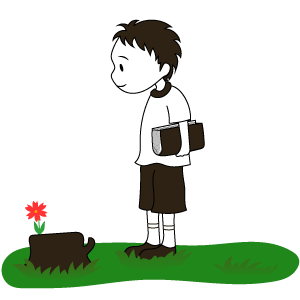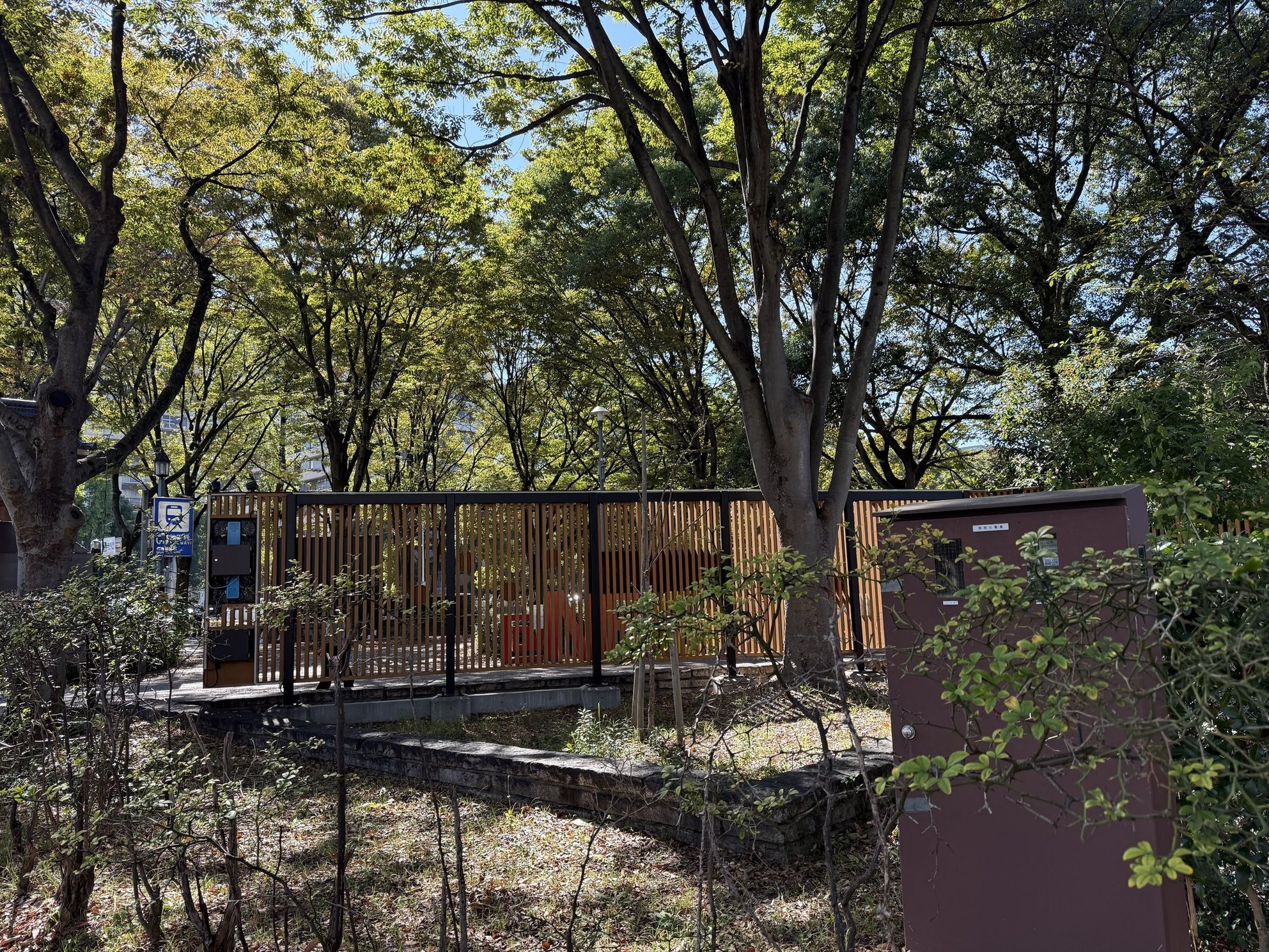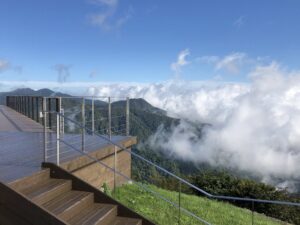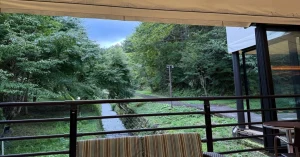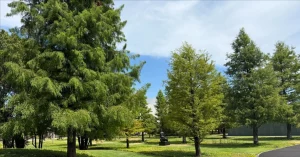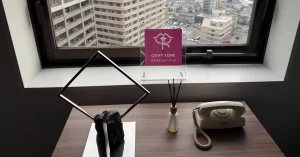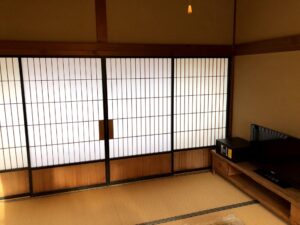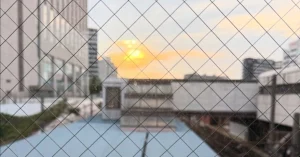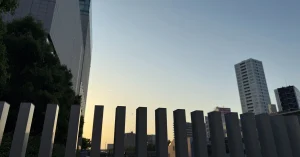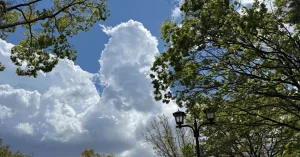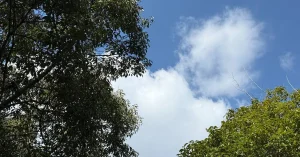Lately, whenever something happens, the words “retirement” or “seclusion” pop into my head.
I must be tired, I think, but
my thoughts turn to those who went before me and did the same.
Kamo no Chomei of Hōjōki, Yoshida Kenkō of Tsurezuregusa, Ryokan, Taneda Santōka, and in foreign countries, J.D. Salinger, etc.
They built small huts or thatched huts in the mountains or along rivers far from civilization, lived a life of farming and reading in the sun and rain, and left behind elegant writings, poems, and calligraphy.
When I was young, I knew the meaning of seclusion, but I had no idea why I did it. Why would I go out of my way to hide in the mountains far from civilization?
I wondered if such a life was really enjoyable. I even thought it was an escape from life.
But now that I’ve lived a long life, my body is no longer capable of doing anything reckless, and my mind is no longer as agile. And, as I understand myself, I realize my limits and capacity. As I experienced these painful experiences, I gradually began to understand why people retire.
There may be as many reasons for retiring as there are people. But speaking only of myself,
it can be summed up in one word: “I’m tired.”
In other words, in a competitive society where money, status, and honor are valued, I felt like I had given up, and wanted to “withdraw.”
It’s not like a boxer who, watching from the sidelines, sees that it’s no good and throws in the towel, but rather, it’s about making the decision and getting out of the ring of your own volition.
People lose at some point. There will always be a time when they lose.
Money, status, honor. Happiness, a perfect family, flirting with the opposite sex.
And your own body. All of these things that you thought would continue forever will slip away before you know it, and you will have to face the loss that you can’t help.
And above all, you will lose the battle with your “self-consciousness,” your greatest enemy that brings about all kinds of worldly desires. I don’t think there is anyone who has won against themselves (though Shohei Ohtani may be an exception).
And perhaps retiring or retiring is the most natural way to deal with the loss in life. In other words, it is a model case of what happens after a loss.
However, when you look around the world, you will see that the phrase “the 100-year life era” is being widely touted as if to blow away such words.
“Stay active for the rest of your life” and “Work as long as you can move” are all over the place.
And as if to take advantage of this, “You will need tens of millions of yen after retirement” are given. Not only unnecessary advice such as “Pay attention to building assets for your retirement”, but also qualifications, hobbies, investments, and financial strategies. Many money-making schemes are flourishing, taking advantage of people’s anxiety about money and purpose in life.
I wonder if the phrase “the 100-year life era” really fits many people. Are they being deceived?
Is it not okay to spend your retirement in a daze, daze, and absent-mindedness? At least I hate the phrase “lifelong active” and every time I hear it, I shudder from the bottom of my heart.
I think it’s a lie used by people who have yet to experience true defeat and those who plot to use people for something.
100 years, that is, a century. In the first place, do humans really want to live that long? Don’t they normally get tired of it? And do they want to work until they die?
I often see health food shopping programs that say, “If you eat this, you’ll be fine, you’ll be able to walk around town with energy.” The lively images of elderly people on the screen. I can’t help but think that it’s a bit suspicious and fake.
It’s better for elderly people, including my future self, to act like elderly people and to wimp around like they’ve given up.
At any rate, it’s never existed in history before. A super-aging society.
Looking back at the past, there are no guidelines or textbooks for how to live in this unprecedented world of old age, or how we should live.
It’s like the confusion and anxiety that a young person who doesn’t yet know society or its structure feels when looking at the endless future.
It’s the same even in the world of literature. Even the respected Natsume Soseki died in his early 50s. Needless to say, Akutagawa and Mori Ogai died quite early compared to today’s generation. Here, too, there is no model case to refer to.
Of course, if we look around the world, we can see that people in the past have always thought about how to treat old age.
One example is the often-cited ancient Indian idea of the “four stages” of life, which divides life into four periods: “student,” “homemaker,” “forest dweller,” and “wanderer,” and suggests how to live each period. However, this is merely one model case.
When a person realizes that they have lost at life and decides to retire or leave, how do they actually behave toward society and their family? How should they behave? Or maybe you can shake off those feelings and take revenge, or make a comeback, or try again… that’s just one option.
And retirement is the easiest of these, but it’s also a decision that surprisingly requires courage.
There is no right answer when it comes to how to spend your retirement. It’s difficult precisely because there is no right answer. At the same time, it’s a challenge worth taking on, as it is the last problem in life.
In any case, in the end you have to decide for yourself. And being able to make a decision without regrets is, in a true sense, the true value of a person aging properly.
And those who can do that well may be the ultimate winners in life.
Even if people laugh at you after you die, or think you’re ugly.
“Before you know it, you’re working in a garden at a steady clip”
